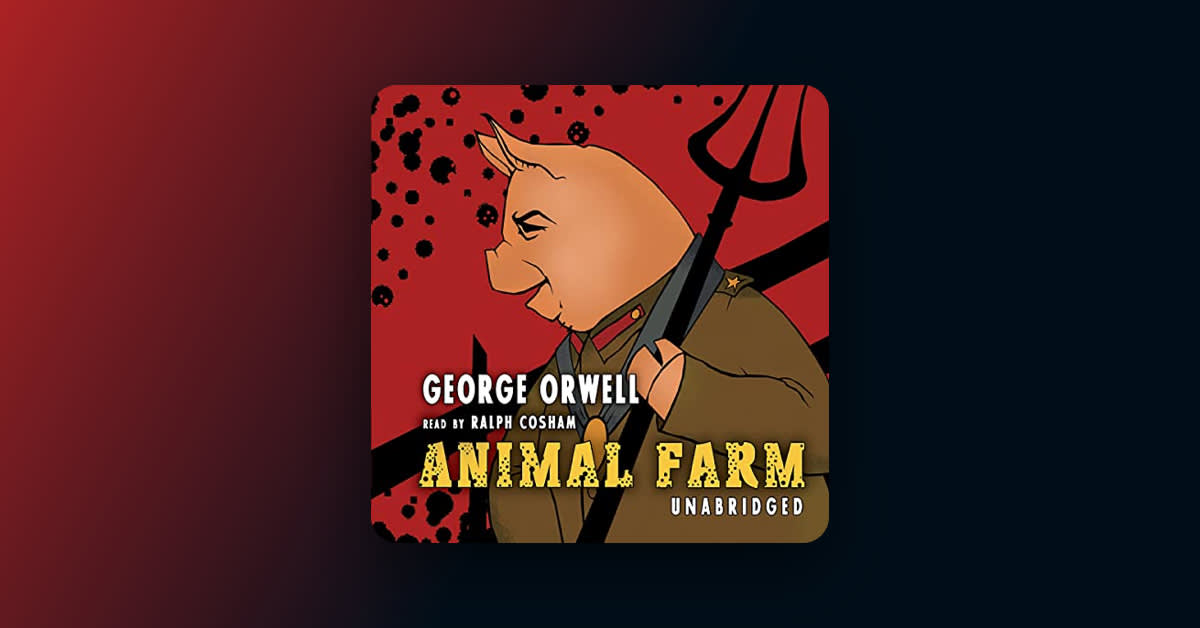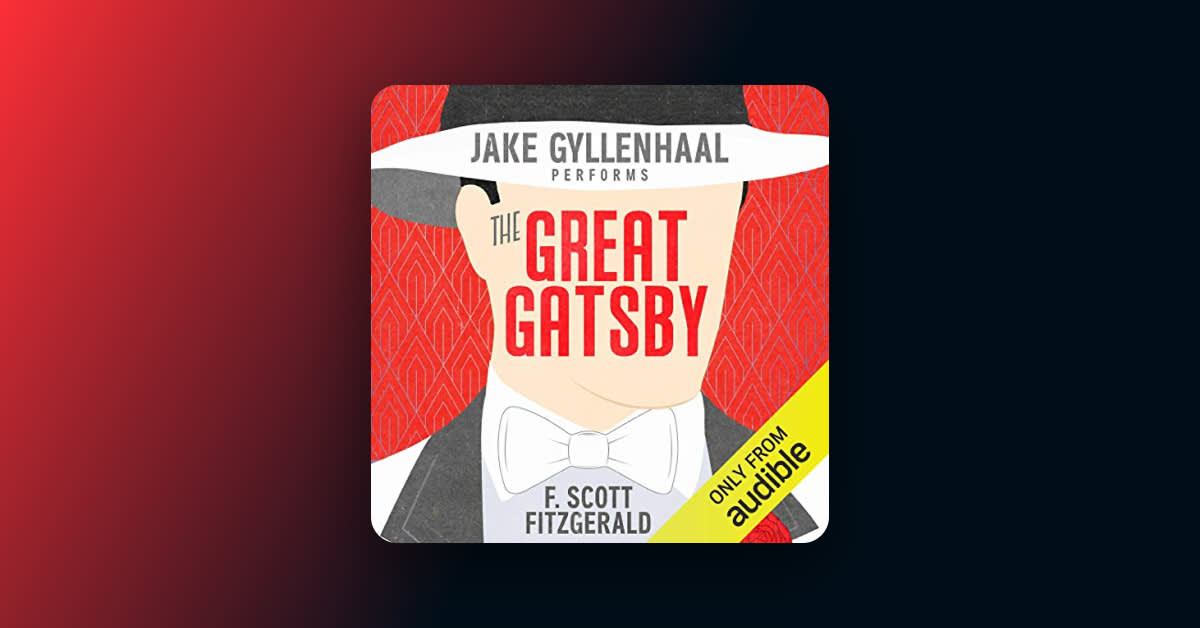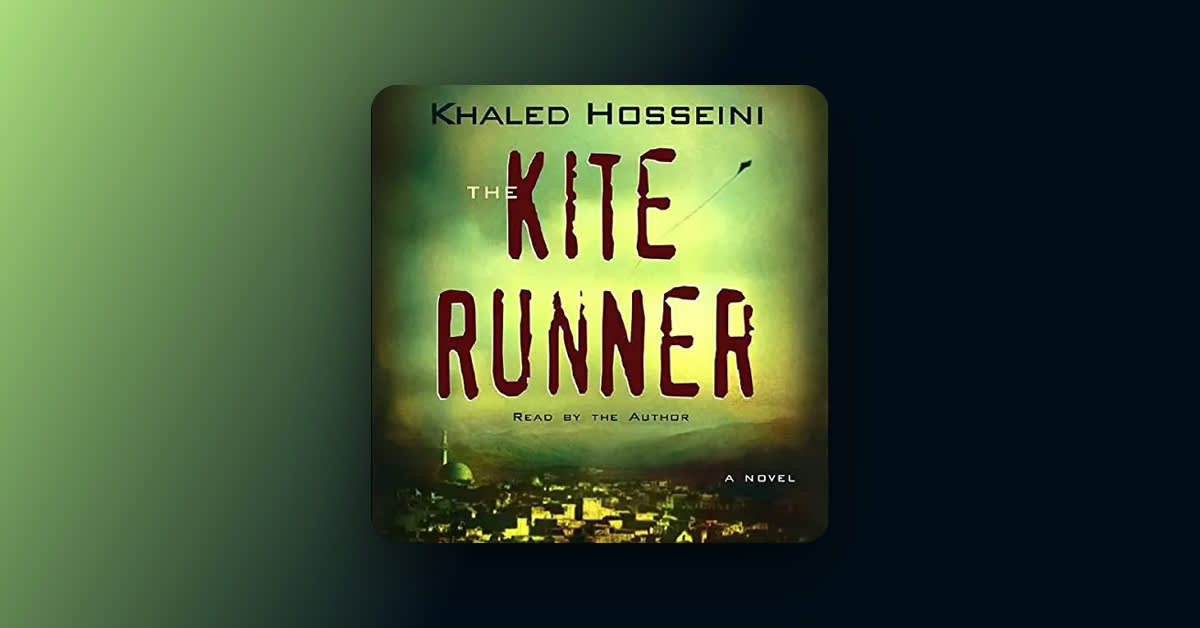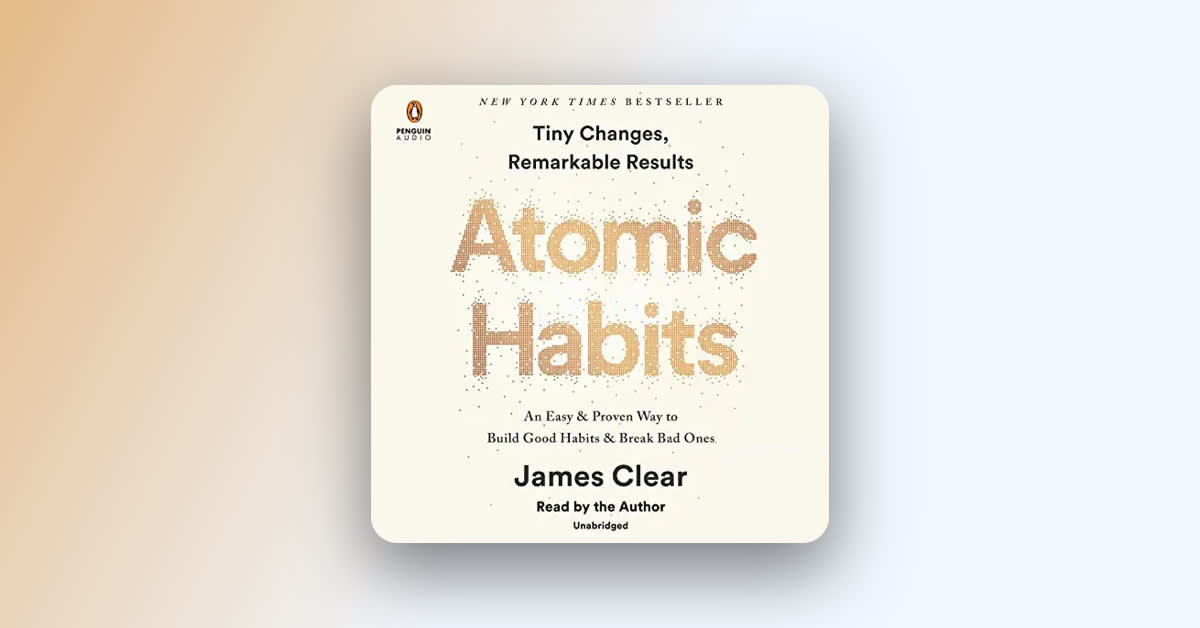Why it's essential
’s is an iconic piece of political allegory delivered in an extremely digestible package. Heavy themes like class warfare, workers’ rights, and unfair governing systems are explored through the eyes of a group of farm animals. This lighthearted setting, combined with such important topics, makes Animal Farm an exceptionally powerful teaching tool to this day.
What is Animal Farm about?
Animal Farm places the reader among a group of anthropomorphic livestock on a farm. After overthrowing their human owner, the animals struggle to develop a new system of governance. Eventually, a pig named Napoleon takes over, and things begin to spiral out of control.
Editor's review
Seth Hartman is an Audible editor and a certified podcasting fanatic. He lives for historical fiction, music and film analysis podcasts, and well-placed Oxford commas.
Like many American public school goers, I was introduced to Animal Farm at the ripe old age of 13. While I was, by all accounts, a novice when it came to world history, it didn’t take me long to realize that there was something special about this book. While the setting of a farm was certainly familiar territory to me, this was no nursery rhyme.
With other books to his name—most notably, —George Orwell made no bones about his political opinions. Using adorable farm animals, this scathing allegory depicts an interpretation of the Bolshevik uprising and ensuing Russian Revolution. While revolution can bring hope, Orwell shows the darker implications of political upheaval and the reality of changing regimes. Ultimately, this book is about a futile quest for equality amidst political turmoil.
It is really difficult not to feel optimistic when a group of subservient creatures manages to take out the tyrannical farmer. However, Orwell illustrates that it takes more than revolution to establish a fair system of governance. The power vacuum that is created in the farmer’s absence can be felt by all of the animals, and it doesn’t take long for someone to step up. In a not-so-subtle piece of parallel imagery, the pigs are the animals that manage to seize control of the farm after the uprising takes place. While they seem to rule with a more pro-animal outlook than the farmer did, it doesn’t take long for the true colors of their leader, Napoleon, to show.Above all else, is a cautionary tale. George Orwell seems to be of the opinion that no governing body is capable of providing true equality to its subjects. Unfortunately, there haven’t been too many real-life governments that have pulled this off. While this book is specifically satirizing Soviet communism, many of the issues presented within these pages still apply to this day. Now that I am a few years older with more historical knowledge under my belt, listening to this book again has given me an even deeper look into Orwell’s twisted world. Ralph Cosham's smooth narration doesn't hurt either, adding an extra dimension to the book.I think it is so important that remains a staple title for young students to read. While some may interpret Orwell’s vision as purely anti-communist, history has made it clear that the messaging within is more widely applicable. I would never accuse this book of being a light read, but the whip-fast pacing and biting satire make it an incredibly enjoyable one. Long live Orwell!







